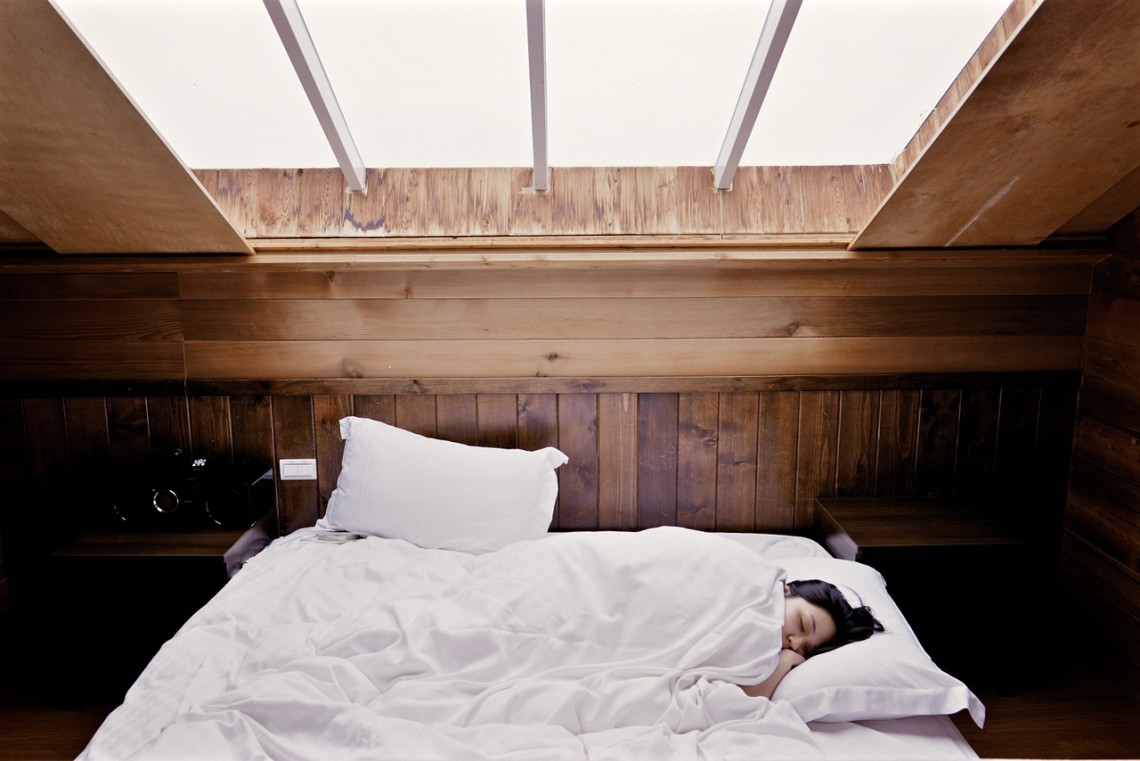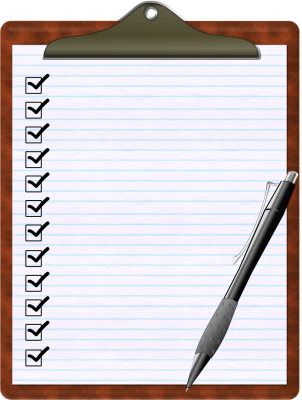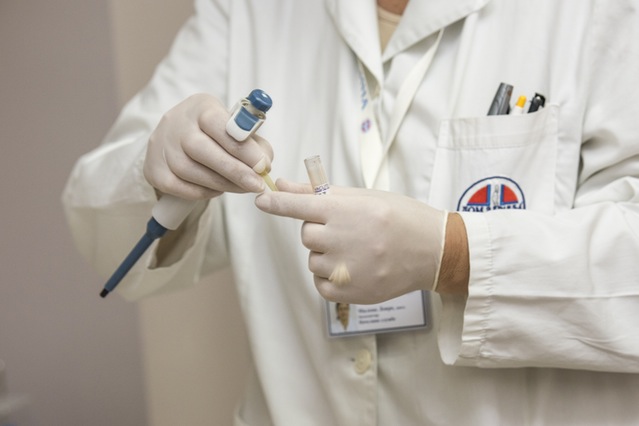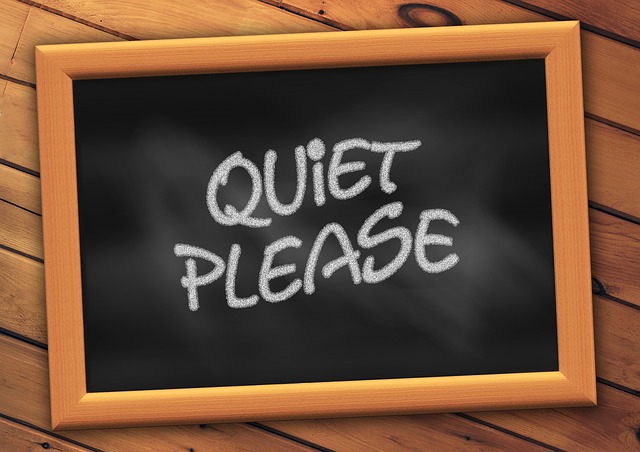
Do you suspect that you suffer from Sleep Apnea or any other sleep disorder? Are you wondering how you can find out for sure if you have a sleep condition? Do you wonder if there is an easy fix to your sleep conditions? Is Sleep Study a complex or scary procedure to undergo?
Here are some simple steps that you can undertake to figure out whether you suffer from some form of sleep disorder or not:
Diagnosis – Step 1
Self Test

You may have experienced some form of disturbance during sleep and maybe wondering if there is an easy non-invasive test that you could take to find out if you may have a sleep disorder. A set of 10 questions may have the answers to some of your questions. You can use the following set of questions as a self test to determine whether you even need to probe further regarding the sleep issues you face:
1. Do you feel sleepy in the day, even after a good night’s sleep?.
2. Are you moody or irritated when you don’t get a good night’s sleep?
3. Do you wake up in the middle of the night often and have a tough time falling back to sleep?
4. Does it take a long time for you to fall asleep?
5. Do you wake up really early often and have a hard time going back to sleep?
6. Does your body feel stiff and achy when you wake up in the morning?
7. Are you often woken up by dreams?
8. Do you sometimes wake up gasping for breath.
9. Have you been told that you snore during sleep?
10. Have you ever fallen asleep while driving?
If your answer is yes to most of these questions, then you can establish that you need to to go for a professional diagnosis. However, note that the above questions are not meant to be a conclusive test to diagnose sleep disorder.
Diagnosis – Step 2 – Optional
Diagnosis through Popular Sleep Tracking Applications

There are various sleep applications available on iOS and Android smart phones to determine whether you may have a sleep disorder that needs further probing. Awoken, Beddit, Sleepbot, Sleep as Android, e sleep, smart alarm clock, sleep time, Motion X 24/7 are some of the sleep applications available to track sleep, any disturbances and body movements. Once again, sleep applications are not meant to be conclusive to diagnose the existance of a sleep condition. It is a preliminary screening step you can or need not undergo.
Diagnosis – Step 3
Examinations and Studies by the Sleep Specialist and Team

You may have established the need to visit a sleep specialist through the above tests. Initially, your sleep therapist will do basic examinations of the nose, mouth and throat. After which, they may insert a fiberoptic endoscope into the nose and pharynx, to look for any obstructions that may be present in the airways.
The specialist may check your Neck Circumference. A neck circumference of over 43 cms in men and a neck circumference of over 37 cms in women is a red flag that they may look for. But not a conclusive one.
The sleep specialist will check your weight and height to look at your Body Mass Index. A Body Mass Index which is 25 or lesser is considered normal. A Body Mass Index above 30 would be of major concern and could be one of the factors that determine whether you have a sleeping or breathing disorder.
Other pre-existing conditions that your specialist will look for to diagnose sleep apnea are the presence of Hypertension and other Cardiac diseases. They may also ask questions regarding lifestyle i.e. if you drink alchohol or smoke cigarettes. These are important factors that could trigger a sleep condition like sleep apnea.
Interested in requesting a sleep study? Click here to request a sleep study now.
Sleep Study – Polysomnography

Once you have determined the need for a professional diagnosis, through the self study and sleep tracking application, you can set up a meeting with your sleep specialist. Your sleep specialist may set up a date for you to undergo a sleep study – a standard criterion to diagnose Obstructive Sleep Apnea. Polysomnography is a type of sleep study which records data used to study different stages of sleep and identify various sleep issues and other sleep abnormalities.
Apart from recording different stages of sleep, Polysomnography measures movements of body, eyes, breathing, snoring, brainwaves and heart rate during sleep. These records will determine whether or not you suffer from a sleep disorder.
Sleep has different stages – drowsiness, light sleep, dream sleep. These stages are controlled by brain waves. A Sleep Study can determine which stage of sleep the subject is in and variations in brainwaves, breathing, snoring and heart beats in any of the stages.
During a Sleep Study, small metal discs or electrodes are fixed on to the head and skin of the subject, which picks up the different data mentioned above. Breathing is measured by flexible elastic belts affixed around the subject’s abdomen and chest. Heart rate and level of Oxygen in the subject’s blood is measured by a clip fixed on to the earlobes or the index finger. Their sleep may also be filmed with permission of the subject, in case it needs to be reviewed further. The whole process is painless and non-invasive.
After the sleep study, the recorded data from the sleep study is interpreted by your sleep specialist and their team. This will help them understand the different sleep patterns and anomalies. This is a very complex process, performed by highly trained sleep professionals. Based on this analysis, your sleep specialist will recommend treatments through sleep therapy machines, weight reduction, lifestyle changes or postural therapy. The analysis will take a while due to how complex the study is.
But once the analysis from the sleep study by the sleep specialist is complete, the specialist will recommend different treatments. The treatment will depend on the lifestyle of the patient or how advanced the condition is in the patient.
The 3 steps mentioned above are steps you could take if you suspect a sleep disorder in yourself or your loved one. As mentioned before, step 1 & 2 are basic, non-conclusive and optional steps. your sleep specialist can help you with diagnosing a condition. Would you like to book a sleep study today? Click here to request a sleep study now.
